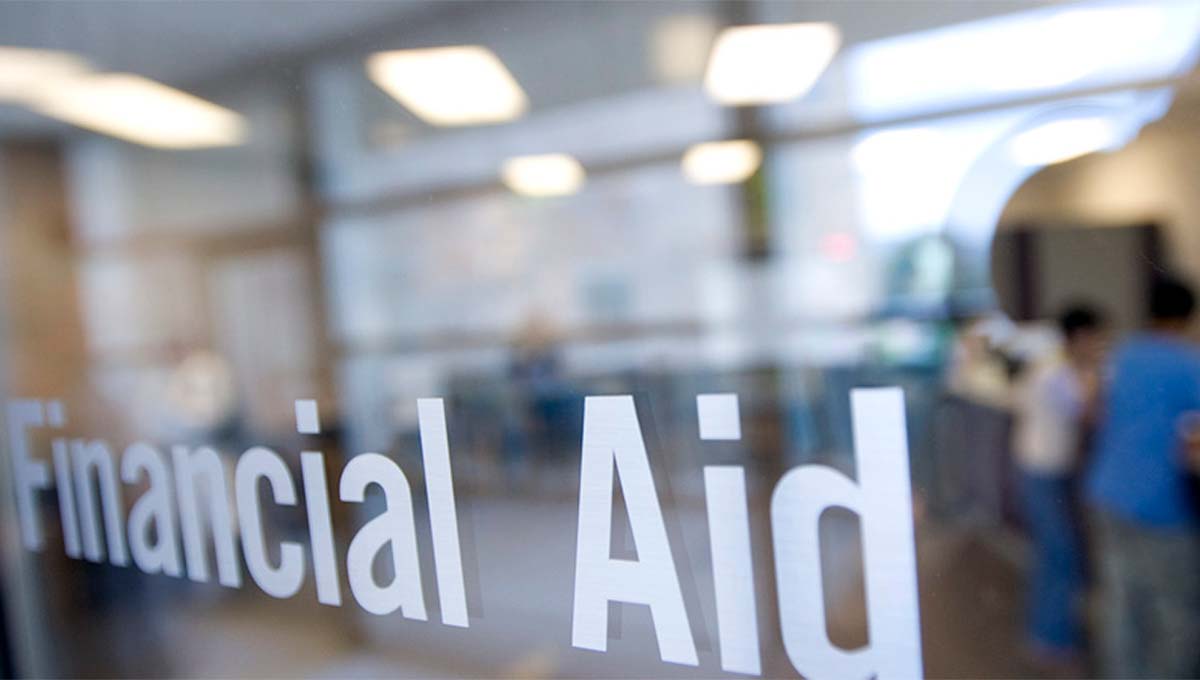Discharging your student loan in bankruptcy is complex, requiring a comprehensive assessment of your educational debt before determining whether you’re likely to succeed in wiping out your obligations. Though all student loans are subject to the undue hardship standard, you’ll meet with varying levels of opposition depending on the type of debt, the loan history, and various other factors.
Take, for example, the financial aid offered to students by their school. Though treated as a student loan in the real world, these obligations may not be considered student loans under bankruptcy laws. Once taken out of this category, the obligation is discharged automatically at the end of the bankruptcy case in the case way as a credit card or medical debt.
The deciding factor is often whether the college issued a check or credited the student’s account.
Without a Check, The Obligation Isn’t a Student Loan
Tarra Christoff filed for bankruptcy after defaulting on an obligation to repay $5,950 in financial aid to Meridian University. Though she didn’t receive funds from Meridian, the school issued tuition credits in exchange for her signing an enrollment agreement acknowledging Meridian’s offer to “finance” the tuition and a promissory note in favor of Meridian, evidencing her obligation.
Though Christoff didn’t file an adversary proceeding to discharge her student loans, Meridian filed a case in bankruptcy court requesting a determination that the loan wouldn’t be wiped out in bankruptcy. Looking at the U.S. Bankruptcy Code, the court held that the debt would be discharged automatically.
Section 523(a)(8) of the U.S. Bankruptcy Code protects four categories of educational claims from discharge: (1) loans made, insured, or guaranteed by a governmental unit; (2) loans made under any program partially or fully funded by a governmental unit or nonprofit institution; (3) claims for funds received as an educational benefit, scholarship, or stipend; and (4) any “qualified educational loan” as that term is defined in the Internal Revenue Code.
As a private loan issued by the school and not considered a “qualified educational loan,” this obligation would have been excepted from discharge only if it was a “claim for funds received as an educational benefit, scholarship, or stipend.” The court held that the school couldn’t use this exception because no funds were received – only a tuition credit was applied to Christoff’s account.
Click here to read the court’s decision in In re Christoff, 527 BR 624 (BAP 9th Cir. 2015)
Why This Case Matters
Bankruptcy laws generally require a showing of undue hardship for discharging student loans, but that requirement doesn’t apply if the debt isn’t considered a student loan in the first place.
The Christoff case highlights the importance of understanding the legal aspects of discharging student loans in bankruptcy and how student loans are defined.
What You Can Do
If you’re struggling with student debt and considering bankruptcy, here are some steps to take:
- Review your loan documents: Examine all documents related to your educational debt to ensure compliance with federal and state laws.
- Consult with a lawyer: Seek the advice of an attorney like me who focuses on the unique legal challenges facing student loan borrowers in bankruptcy to understand your options better.
- Build your case carefully: No matter how strong of a strong case you may have for student loan bankruptcy, you’ll never succeed without preparation. Work with your attorney to assemble your proof in a way that maximizes your chances for success.
- Review non-bankruptcy alternatives: Bankruptcy is one of many tools for student debt relief, but it’s not the only one. It may be more beneficial to pursue other options depending on your situation.
If you have student loans and want to review your options, contact me to schedule a Planning Session. By proactively understanding your options, you can maximize your benefits and remain in control of your financial future.
ABOUT THE AUTHOR
Meet Jay
 Since I became a lawyer in 1995, I’ve represented people with problems involving student loans, consumer debts, mortgage foreclosures, collection abuse, and credit reports. Instead of gatekeeping my knowledge, I make as much of it available at no cost as possible on this site and my other social channels. I wrote every word on this site.
Since I became a lawyer in 1995, I’ve represented people with problems involving student loans, consumer debts, mortgage foreclosures, collection abuse, and credit reports. Instead of gatekeeping my knowledge, I make as much of it available at no cost as possible on this site and my other social channels. I wrote every word on this site.
I’ve helped thousands of federal and private student loan borrowers lower their payments, negotiate settlements, get out of default and qualify for loan forgiveness programs. My practice includes defending student loan lawsuits filed by companies such as Navient and National Collegiate Student Loan Trust. In addition, I’ve represented thousands of individuals and families in Chapter 7 and Chapter 13 bankruptcy cases. I currently focus my law practice solely on student loan issues.
I played a central role in developing the Student Loan Law Workshop, where I helped to train over 350 lawyers on how to help people with student loan problems. I’ve spoken at events held by the National Association of Consumer Bankruptcy Attorneys, National Association of Consumer Advocates, and bar associations around the country. National news outlets regularly look to me for my insights on student loans and consumer debt issues.
I’m licensed to practice law in New York and California and advise federal student loan borrowers nationwide.
continue reading



